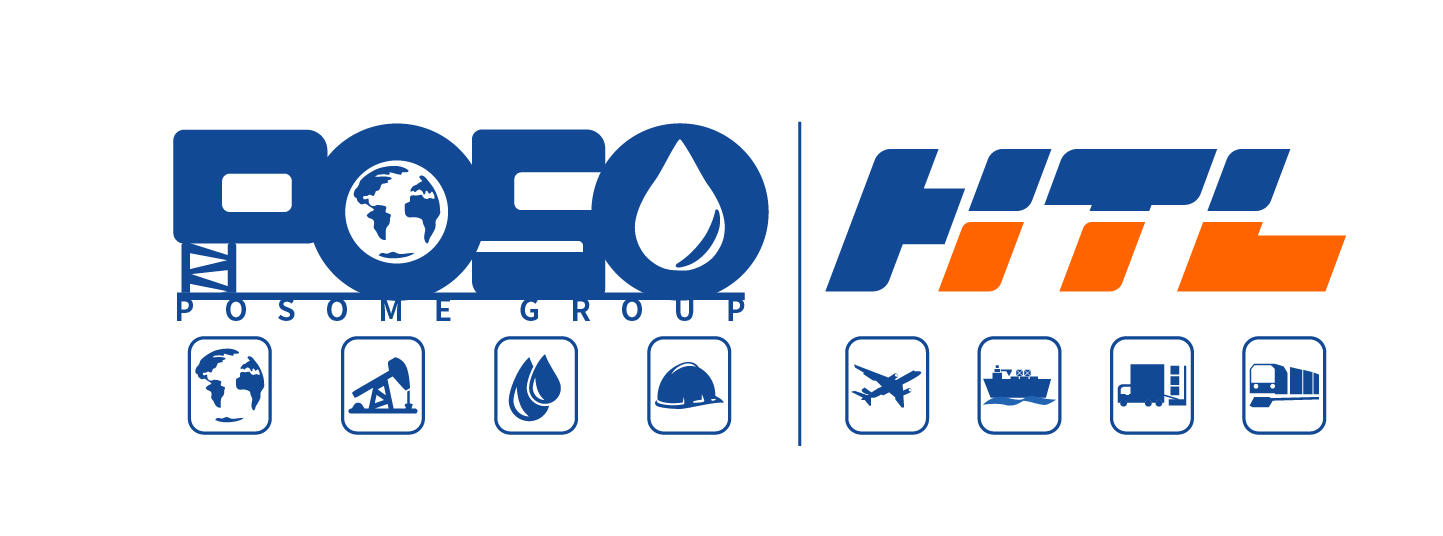The Future of Power
In recent years, there has been a growing interest in clean energy as a means to reduce pollution and combat climate change. Clean energy refers to any form of power that is generated from natural, renewable sources such as wind, solar, hydro, or geothermal energy. Unlike traditional sources like coal and oil, clean energy sources do not produce harmful greenhouse gases, making them an environmentally-friendly alternative.
Clean energy has numerous benefits for both the environment and society. It reduces our reliance on fossil fuels, which are finite resources and contribute to air and water pollution. By harnessing renewable energy sources, we can reduce our carbon footprint and slow down the effects of global warming. Additionally, clean energy creates jobs and fosters economic growth in the renewable energy sector.
One of the most promising forms of clean energy is solar power. Solar panels convert sunlight into electricity and have become increasingly affordable and efficient in recent years. Rooftop solar panels are becoming more common as a way for homeowners to generate their own clean energy and save money on their utility bills. Large-scale solar farms are also being built to provide clean energy to entire communities.
Wind power is another popular form of clean energy. Wind turbines can be installed on land or offshore, and generate electricity by harnessing the power of the wind. While wind power can be intermittent, modern turbine technology has made it a reliable source of energy for many areas. In fact, some countries like Denmark now generate more than 40% of their energy from wind power.
Hydroelectricity is another clean energy source that uses the power of moving water to generate electricity. Dams and hydroelectric power plants can be built on rivers and other bodies of water to create energy. While hydroelectricity is a proven and reliable form of clean energy, it can also have negative impacts on local ecosystems and wildlife.
Geothermal energy is a lesser-known form of clean energy that harnesses the natural heat of the earth. Geothermal power plants use hot water and steam from underground to generate electricity. While geothermal energy is not as widely used as other forms of clean energy, it has the potential to be a reliable source of power in certain areas.
In conclusion, clean energy is the future of power. As we strive to reduce our carbon footprint and combat climate change, renewable energy sources like solar, wind, hydro, and geothermal power will play an increasingly important role in meeting our energy needs. By embracing clean energy, we can create a healthier, more sustainable future for ourselves and for generations to come.
